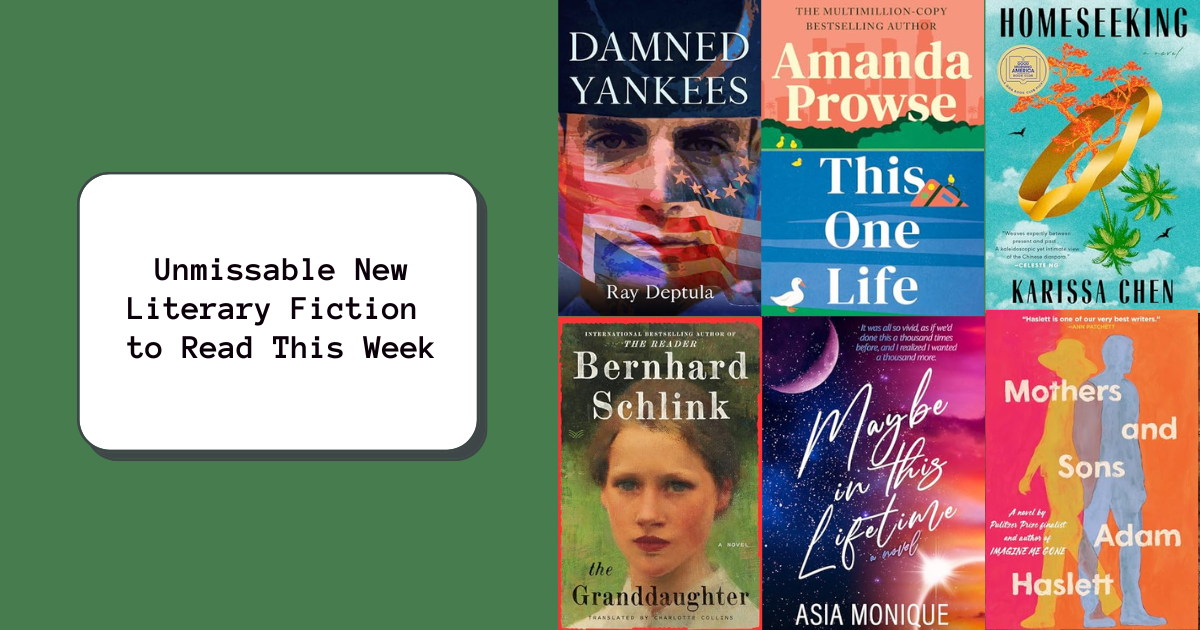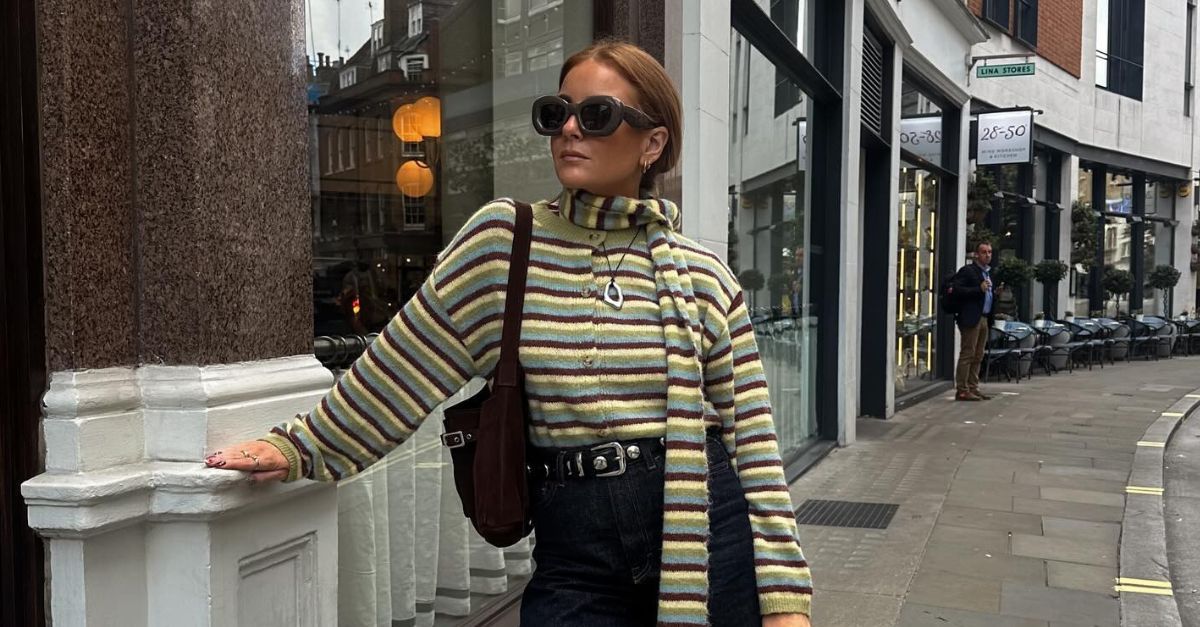NH: When you are making a film, you think about your character’s motivation. People ask Ben, “What’s his motivation? Is it money? Is it being on the TV cameras all the time?”, and we really wanted to tell the backstory of his experience with Trayvon Martin and how devastating the outcome of George Zimmerman not being convicted was to him.
That shot of Ben’s face (during the Trayvon Martin decision) just broke my heart.
NH: Like you said, you can’t write this stuff. It was so clear to us that Ben was ready for this moment. Everything that he had ever done had led him to this moment, especially that experience with Trayvon Martin. It fueled every decision that he made, and it was important to us that the audience understood that so that when they question why is Ben doing this, there’s your answer right there. You fully understand the breadth of his work.
The other thing that I think you do so beautifully in this film is you show how he doesn’t just show up to these places, the families are calling him to be there. I used to hear the same thing being said about Reverend Jesse Jackson and Reverend Al Sharpton. But people summon you?
NH: Absolutely. I asked Ben, “How do you get in contact with these families? How do they find you?”, and he said, “They call us. It’s against the ethics of the Bar Association to reach out to people when someone is killed.” Ben’s phone rings incessantly with people who have been wronged and are asking for his help. It was really important for us to make that clear because there’s so much misinformation out there, which is why we say at the top of the film, “Ben Crump is a civil lawyer.” He also often gets accused of losing these criminal cases, which he has absolutely nothing to do with. We knew we had a lot of work to do with educating our audience so that they were ready to actually understand what the film was, and what Ben’s role actually is in these civil cases, whether or not people go to prison, or whether or not families are awarded a certain amount of money.
How many attorneys are in your law firm?
BC: Eleven work directly with us, and then we have a network of over eighty lawyers around the country who work with us in different states. Attorney Tony Romanucci works with me a lot on police cases, and Attorney Bob Hilliard works a lot with me on the Banking While Black cases, so we have everybody set up like a system ready to answer the bell when they come in. Nadia went into the CAWC (Connections for Abused Women and their Children) in Chicago, and she sat there watching the people there processing all of these cases. I never want to sound like sour grapes or anything like that. I honestly believe that the reason it rings so much is that Black people in America so often get kicked in the face and are disrespected. They don’t have anywhere to turn, they don’t know who to turn to, not even to get justice but just to be heard. I think that’s why so many people call us. We do so many discrimination cases where Black executives in corporations are being called the “n-word.” This is in 2020, so they call us up and we’re dealing with these calls constantly. I hear people say that they tell their family members, “If anything ever happens to me, call Ben Crump.” It’s already in their mind.
























































![Social Media Spring Cleaning [Infographic] Social Media Spring Cleaning [Infographic]](https://imgproxy.divecdn.com/9e7sW3TubFHM00yvXe5zvvbhAVriJiGqS8xmVFLPC6s/g:ce/rs:fit:770:435/Z3M6Ly9kaXZlc2l0ZS1zdG9yYWdlL2RpdmVpbWFnZS9zb2NpYWxfc3ByaW5nX2NsZWFuaW5nMi5wbmc=.webp)
![5 Ways to Improve Your LinkedIn Marketing Efforts in 2025 [Infographic] 5 Ways to Improve Your LinkedIn Marketing Efforts in 2025 [Infographic]](https://imgproxy.divecdn.com/Hv-m77iIkXSAtB3IEwA3XAuouMwkZApIeDGDnLy5Yhs/g:ce/rs:fit:770:435/Z3M6Ly9kaXZlc2l0ZS1zdG9yYWdlL2RpdmVpbWFnZS9saW5rZWRpbl9zdHJhdGVneV9pbmZvMi5wbmc=.webp)















